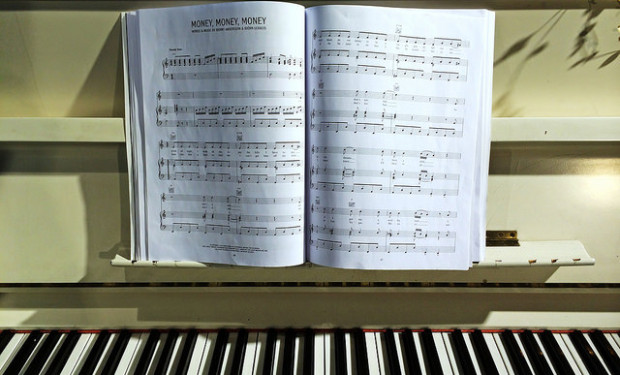Fear of Lawsuits May Chill Artists’ Creativity
The number of music copyright infringement cases has significantly increased in the last decade.
This article is the third in a three-part series on copyright infringement issues in the music industry. You can read Part One and Part Two here.
The $7.3 million verdict for the Gaye family against Pharrell Williams and Robin Thicke over “Blurred Lines” is expected to have a significant legal impact on the music industry. The recent decision could cause songwriters to be more hesitant when creating new music due to fears of being sued for copyright infringement. Artists may be afraid to cite to other musicians as their influence out of fear of lawsuits.
The Gayes wrote an open letter to Rolling Stone stating that had Williams or Thicke simply gone through standard procedures and sought a licensing agreement, the lawsuit could have been avoided. Williams and Thicke may have also had the option to pay royalties to the Gayes. Recently, rocker Tom Petty and crooner Sam Smith reached an agreement where Smith pays Petty royalties on Smith’s song “Stay With Me.” Petty’s representatives noticed that “Stay With Me” sounded remarkably similar to the Tom Petty and the Heartbreakers’ 1989 hit “Won’t Back Down.” The two managed to come to terms outside of court: Petty was given a songwriting credit for Smith’s hit and will receive part of the proceeds from the song.
Compared to the number of songs released on pop radio each year, a relatively small number of artists have been taken to court for copyright infringement. It appears that most artists and songwriters would prefer to settle outside of court in order to avoid bad publicity and grandiose settlements, much like Williams and Thicke have faced. The University of Southern California Gould School of Law identified cases involving music copyright infringement since 1844. The site notes that over 100 cases have reached the federal court level, and that amount has been increasing significantly in the past few decades. Defendants include some recognizable artists such as Bob Dylan and Run DMC, but also companies such as Coca-Cola and McDonald’s.
Just like artists, corporations may be sued, and often have been, for unauthorized use of previously published music. Sony is likely to be sued over the use of part of the song “Pay Day” in the controversial move “The Interview.” Although the movie only sampled a two-word phrase of Yoon Mi-rae’s song, it is enough to create liability on Sony’s part for not receiving permission to use the portion of the song. If successful, Mi-rae will likely receive royalties from Sony.
Singers and songwriters may be more aware of what music they are releasing and may be more careful to not copy music, but copyright infringement suits are not likely to diminish anytime soon. Since a limited number of musical notes exist and the same chord progressions are used for many songs, repetition is bound to happen, whether done so intentionally or not. Artists simply must be self-aware of what they are writing and seek the necessary permissions to avoid litigation.






